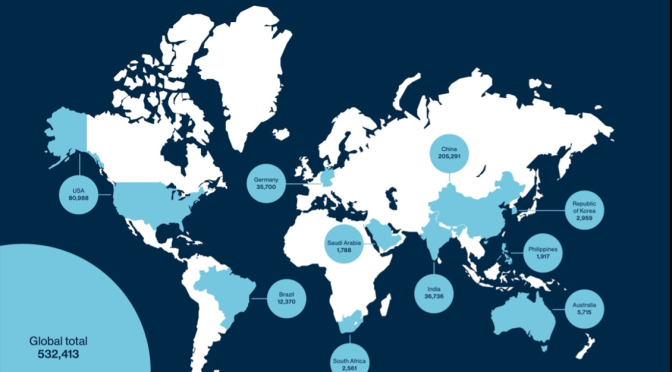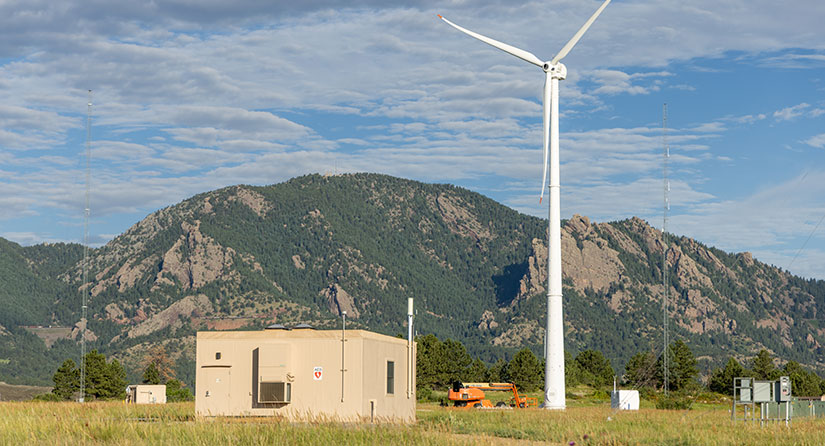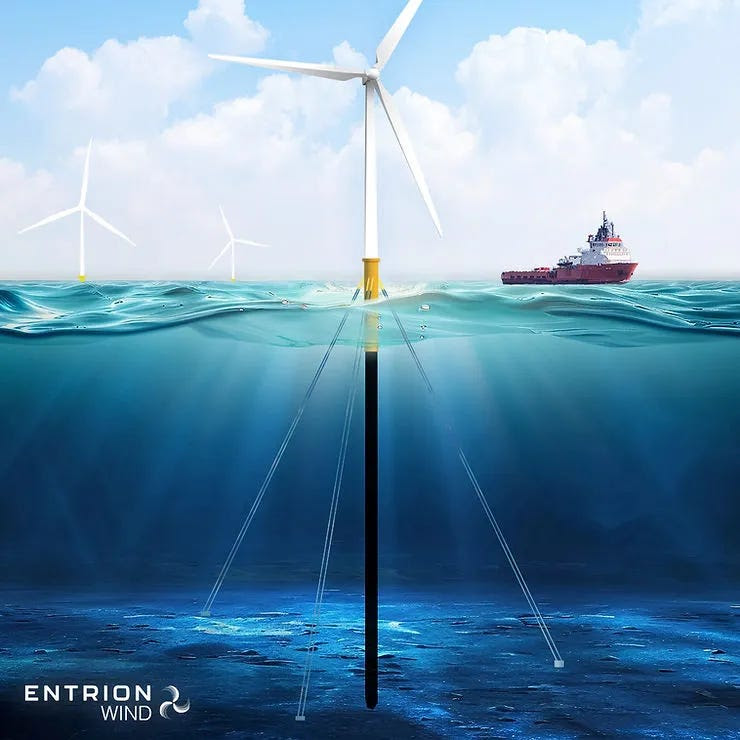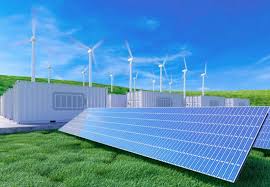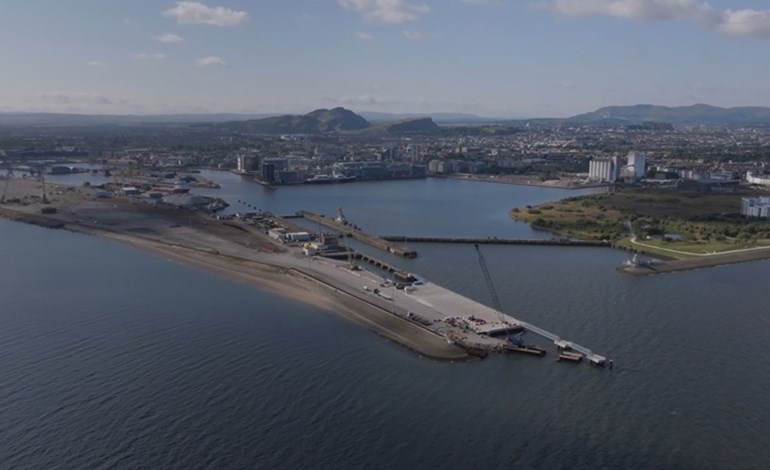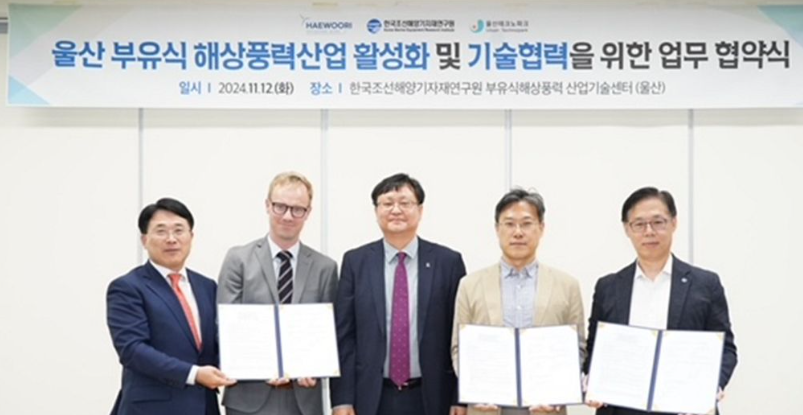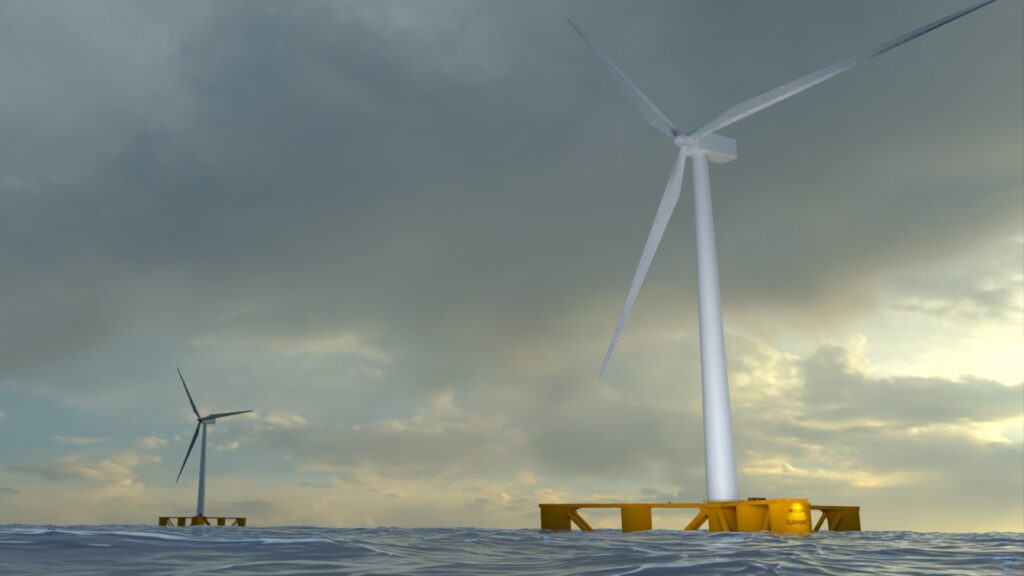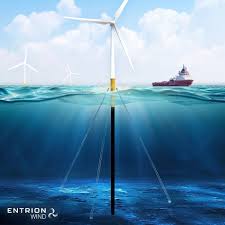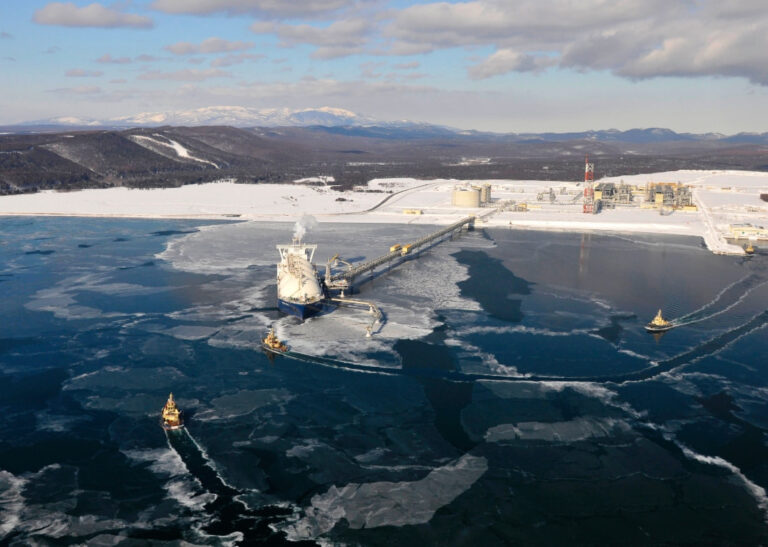
Prigorodnoye production complex at Sakhalin II project; Source: Gazprom
While disclosing that the board of directors has approved its investment program and budget for 2025, Gazprom highlighted that the RUB 1.52 trillion will be used to finance top-priority projects, such as further development of the gas production centers in eastern Russia and the Yamal Peninsula, gas infrastructure expansion in Russian regions, expansion of the capacities of the Power of Siberia gas trunkline and the firm’s gas processing complex, alongside the implementation of the Eastern Gas Supply System gas trunkline project and others aimed at securing gas balance in peak periods.
“The approved financial plan is well-balanced; it ensures the achievement of the company’s strategic goals and provides for a full coverage of its liabilities without a deficit. Decisions on debt financing under the borrowing program will be made on the basis of the market conditions, liquidity and Gazprom’s financing needs,” underlined the Russian gas giant.
Famil Sadygov, Deputy Chairman of Gazprom Management Committee, describes Gazprom’s performance in 2024 as strong, with the proceeds from the sales of gas estimated to be RUB 4.6 trillion (about $46.1 billion), which is RUB 155 billion (around $1.6 billion) more than was envisaged in the initial financial plan. Sadygov also underlines that the firm’s EBITDA will become one of the highest in its entire history, with conservative estimates placing it at more than RUB 2.8 trillion (approximately $28.1 billion).
“The composition of capital expenditures will not experience any considerable changes in 2025: a considerable amount of funds will, as before, be allocated for the implementation of top-priority projects that ensure reliable gas supplies to the domestic and foreign markets, as well as for the expansion of gas infrastructure across Russian regions. In 2025, we will also continue to pursue our stringent policy aimed at the containment of operating costs,” added Sadygov.
According to Gazprom’s board of directors, the main outcome of 2024 is a continuing growth in demand for conventional energy sources against the background of the unstable geopolitical situation and an increased attention to the matters of energy security. The firm’s board emphasizes the uptick in oil, gas, and coal consumption, perceived to have reached all-time maximums. The first preliminary estimates indicate that global gas consumption went up by more than 100 billion cubic meters in 2024, mostly driven by Russia, China, and India.
The company is adamant that Russian gas plays a significant role in ensuring the reliability of gas supplies across China, with the daily supplies via the Power of Siberia gas pipeline brought to the highest contractual level on December 1, 2024. The project for gas supplies via the second, Far Eastern route is deemed to be proceeding strictly on schedule, as China’s gas consumption is forecast to continue growing fast in the long term.
Gazprom claims that an increase in gas consumption was also observed in Central Asian countries such as Kazakhstan, Uzbekistan, and Kyrgyzstan, which are developing energy ties with the company to secure imports of Russian pipeline gas. Based on the firm’s assessment, the only region in the world that demonstrated a decline in gas consumption was Europe, where the trend was observed in the European Union (EU) and the United Kingdom (UK).
The Russian player said: “These countries take actions that are aimed at artificial destruction of gas demand to the detriment of their own economy. As a result of the EU policy, gas consumption continued to drop, some enterprises of energy-intensive industries went out of business and production capacities were relocated to other regions.
“Europe’s gas consumption will decrease further. The pace of the decrease will depend, inter alia, on further political decisions. Besides, Europe’s gas production is not expected to increase in the long term, in view of the depletion of its own resource base.”
Gazprom’s views on the energy situation in the EU and the UK come after 12 European countries, including the UK, ironed out a set of measures in Estonia to disrupt the activities of Russia’s shadow fleet. This followed the European Council’s adoption of the 15th sanctions package against Russia, hardening the EU’s stance on the country’s so-called dark fleet and signaling further efforts on its part to come to grips with sanctions’ circumvention.
The UK also recently took steps to sanction 20 shadow fleet ships carrying Russian oil, enabling the total number of sanctioned vessels to surpass 100 ships that are allegedly used to transport Russian energy, including 93 oil tankers. It is said that Russia uses old tankers, which are usually uninsured, to send its crude oil and petroleum products around the globe in spite of the raft of sanctions imposed by the EU, G7, and international players.
Meanwhile, Gazprom, which considers natural gas an efficient and eco-friendly energy source, has confirmed its plans to progressively continue developing its gas reserves in line with current global energy market trends.
“The energy systems that are based on natural gas and long-term contracts have proven their stability, which is particularly valuable among the ongoing changes in the world’s markets. In the future, natural gas will play a fundamental role in the global energy sector,” concluded the Russian firm.
